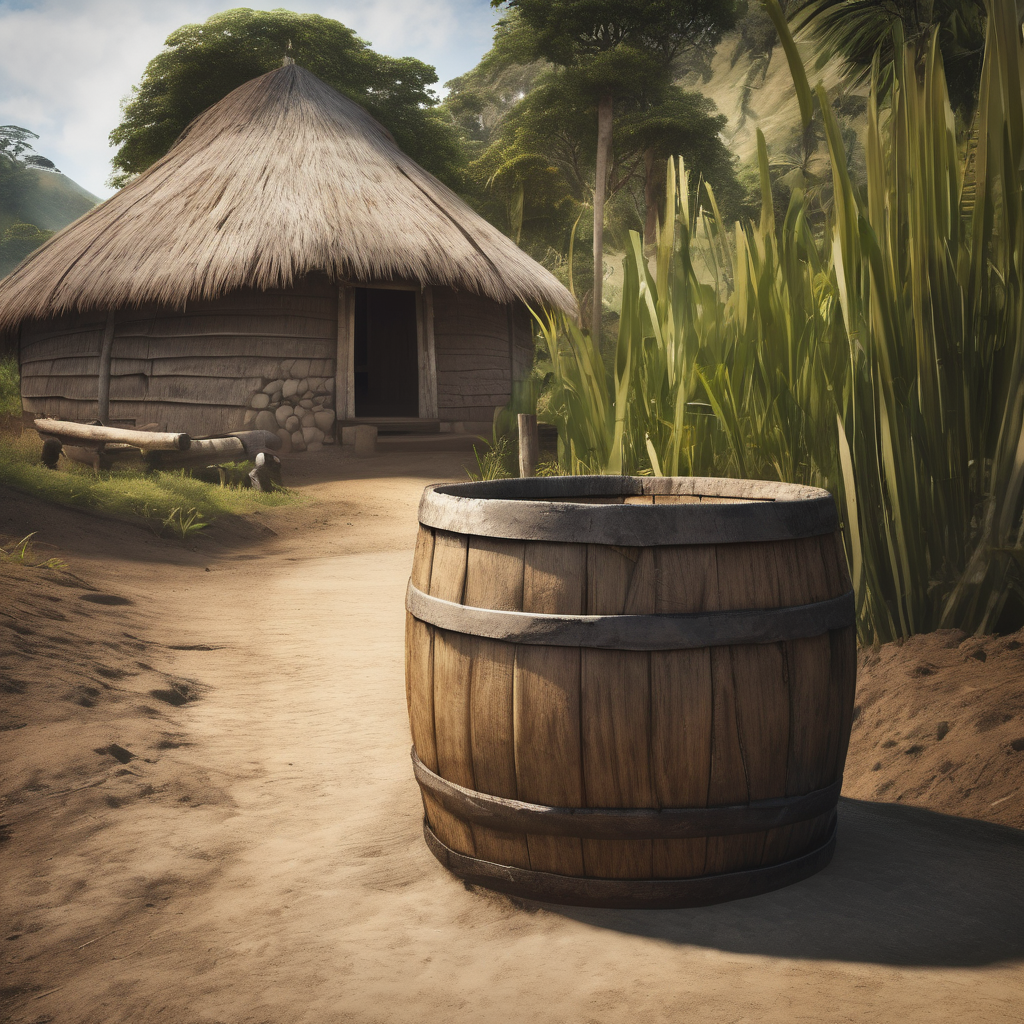Rural communities in Fiji are grappling with significant challenges concerning water supply and sanitation, a situation underscored by Nicholas Pilgrim, the Lead Consultant for the Fiji Rural Water and Sanitation Master Plan. Pilgrim revealed that over a thousand villages remain without reliable services, particularly in the outer islands, and emphasized that collecting baseline data is essential for targeting these underserved areas effectively.
The initiative aims to address the critical needs of these communities through a structured plan that includes division-based programs designed to promote sustainable water and sanitation services. “Fiji is gathering baseline data on water supply and sanitation, and the critical point I want to share here is that about 1,600 villages were identified. About 463 are linked into the WAF urban water supply systems, but this still means that over a thousand villages and settlements remain under the rural program,” Pilgrim stated.
While investments have predominantly flowed into urban centers, there is a growing concern about the neglect of remote settlements. Public Works Minister Ro Filipe Tuisawau reaffirmed the government’s commitment to ensuring solutions through stakeholder collaboration and strategic planning. He mentioned, “The drafts in terms of regulatory and legal changes are already there. We will be working closely with the AG’s office on that. At the same time, the ministry will also be working on implementation preparations.”
The Fiji Rural Water and Sanitation Master Plan demonstrates a dedicated effort to extend sustainable water and sanitation services to every village, with a special focus on remote and outer island communities. This aligns with Fiji’s commitment to fulfilling Sustainable Development Goal 6, which advocates for clean water and sanitation accessible to all by 2030.
Previous initiatives, such as the successful Vusama Water Project—which enhanced water access for two villages—highlight the government’s ongoing efforts to improve public health through better water services. With targeted investments and a comprehensive strategy, the initiative not only aims to uplift the quality of life in rural communities but also strives to create an enduring water supply system across the entire nation. Such efforts reflect a hopeful trajectory, aiming to empower communities and foster resilience against various challenges, especially in times of disaster.
Fiji’s multi-pronged approach towards improving water accessibility illustrates a strong commitment to bridging the gulf between rural and urban services, paving the way towards a healthier and more sustainable future for all its citizens. By focusing on community involvement and sustainable practices, the plan hopes to deliver lasting improvements in water management, ultimately leading to stronger, more resilient communities throughout the nation.
